A journey through time: cult regional films worth rewatching
by Tena Razumović ŽmaraFebruary 21, 2024
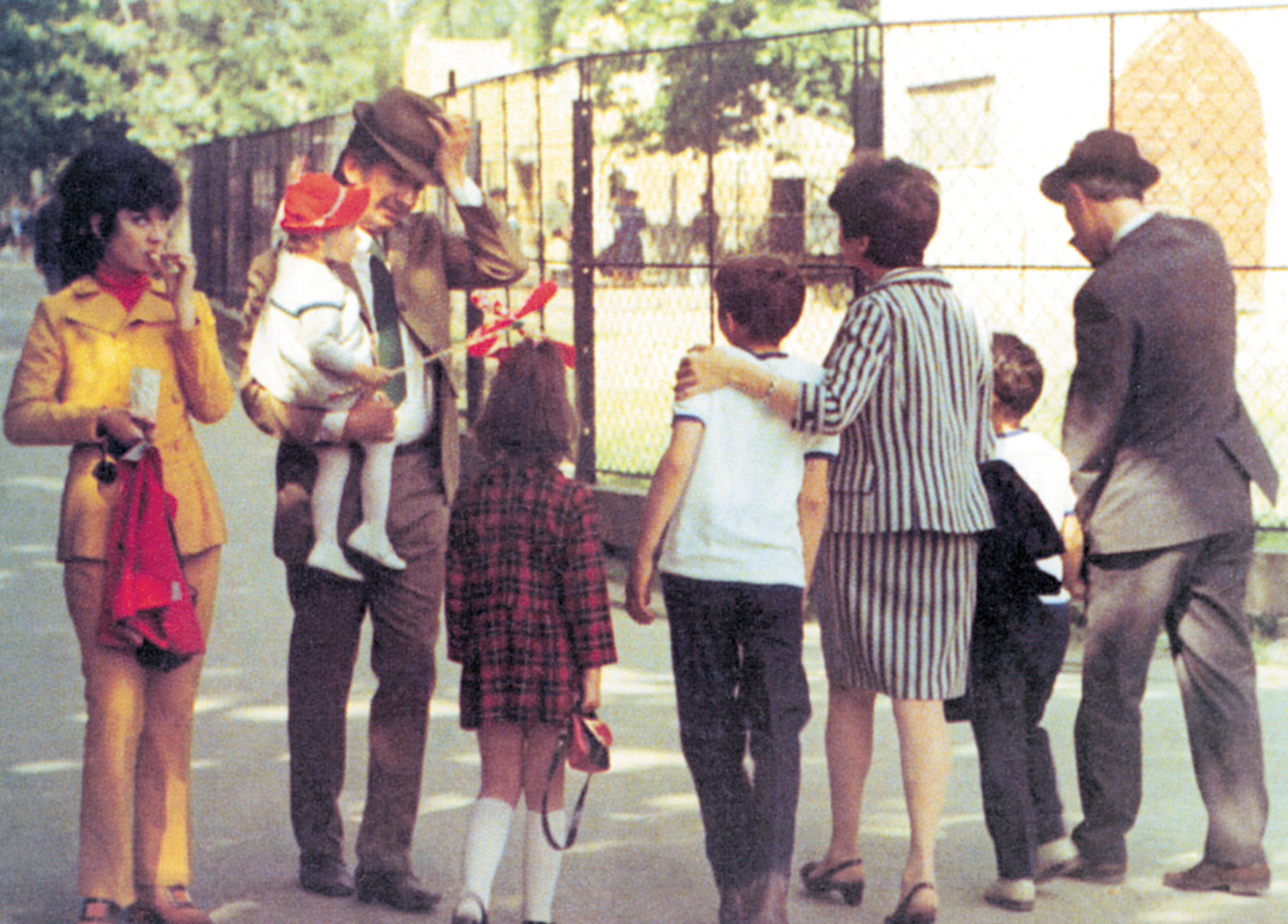

February 21, 2024
Each of these films is a masterpiece that has left a deep and lasting mark on the cinema of every country in the region.
Yugoslav cinema was remarkably powerful—no matter the genre. Although Yugoslavia as a country has not existed for decades, its cultural legacy and influence are still very tangible across the region. So much so that many works and achievements are still referred to as Yugoslav. What defines most of these films is the distinct sense of nostalgia they awaken in us. Whether it’s because of their subject matter, their exceptional quality, or simply the fact that they tell stories from those supposedly “better times,” enhanced by brilliant performances, striking direction, and authentic characters—I can’t say for sure. But I know that I want to rewatch them over and over again.
Some of them draw me in with their hypnotic storytelling, others are so close to pure experimentation that I notice something new with every viewing, while some are genuine nostalgic feel-good films—perfect for a lazy Sunday afternoon. Tito and Me, for example, is a film I could happily watch every Sunday after lunch. I can confidently say that most American feel-good movies pale in comparison to this story about a ten-year-old boy whose school essay about Tito wins first prize, much to his parents’ dismay. In his essay, he vividly describes how he loves Tito more than his own mother and father. His reward is a field trip “through Tito’s homeland,” an adventure full of surprises for a city boy unaccustomed to nature and long hikes. Without giving too much away, trust me—this dose of nostalgia is ideal for a Sunday afternoon. As for The Marathon Family, I believe everyone knows it by heart, and rightly so. And if I had to choose just one film to watch for the rest of my life, without hesitation, it would be H-8. That one awakens a different kind of nostalgia—the longing for masterpieces that, even sixty-six years later, continue to captivate audiences just as they did on the day they were made.
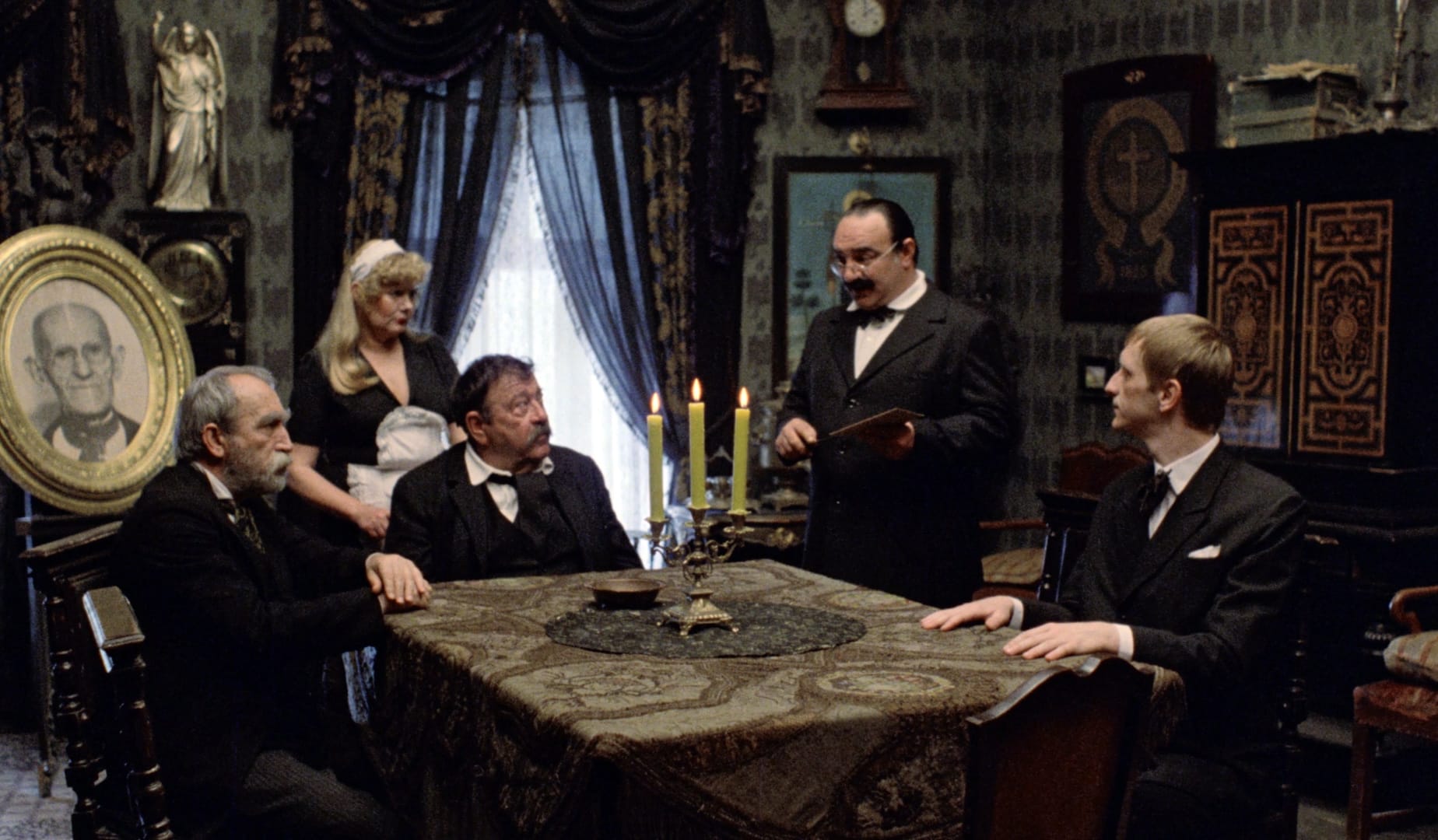
Another masterpiece by Slobodan Šijan, this dark comedy follows the life of an ordinary family during turbulent historical times. With its brilliant screenplay and outstanding performances, it remains unforgettable. It hardly needs to be said how many internet memes this film still inspires today.
For many, this is the most famous Yugoslav film. Regardless of its popularity, it is indeed a cult comedy depicting a series of events and characters on a bus journey from Belgrade to Germany. With its unique blend of humor and profound symbolism, the film has become a timeless classic of regional cinema.
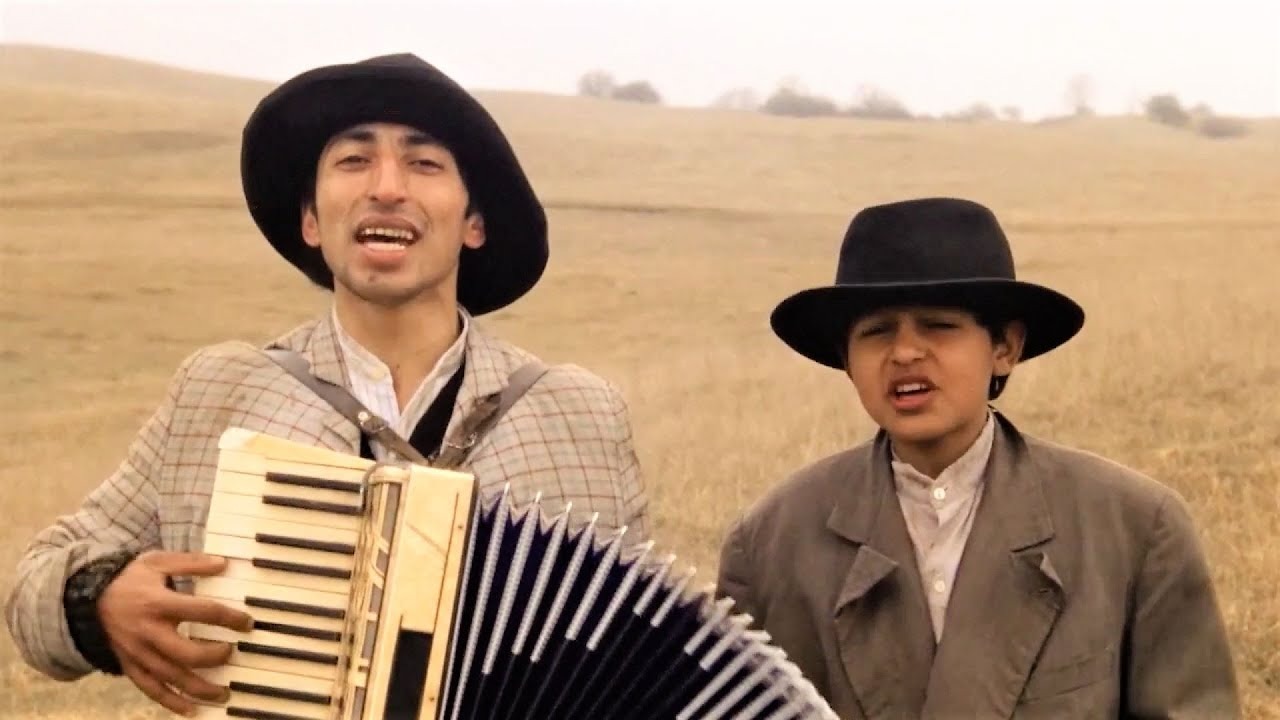
Rondo explores social and moral questions through the story of a young married couple. The film is renowned for its poetic narration, exceptional performances, and profound reflection on human relationships.
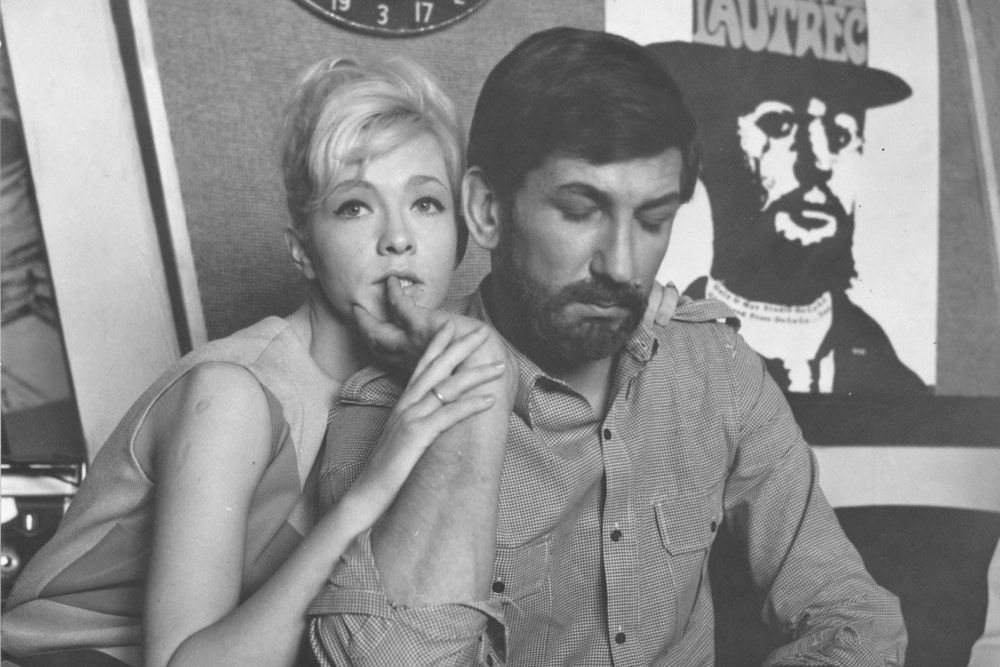
Emir Kusturica, one of the most acclaimed filmmakers from the region, created this drama that deals with political repression during the era of Josip Broz Tito. The film won the Palme d’Or at the Cannes Film Festival, confirming its immense artistic power.
All That Jack’s is a witty satire following a group of workers who decide to create their own television station in an attempt to improve their lives. Its sharp social commentary and humor make it a truly distinctive achievement.
The only avant-garde film on this list from the 1970s, W.R.: Mysteries of the Organism explores themes of sexuality, politics, and psychoanalysis. Makavejev’s experimental approach results in a film that is both unique and provocative. It remains a daring work that perhaps deserves to be revisited—especially now.
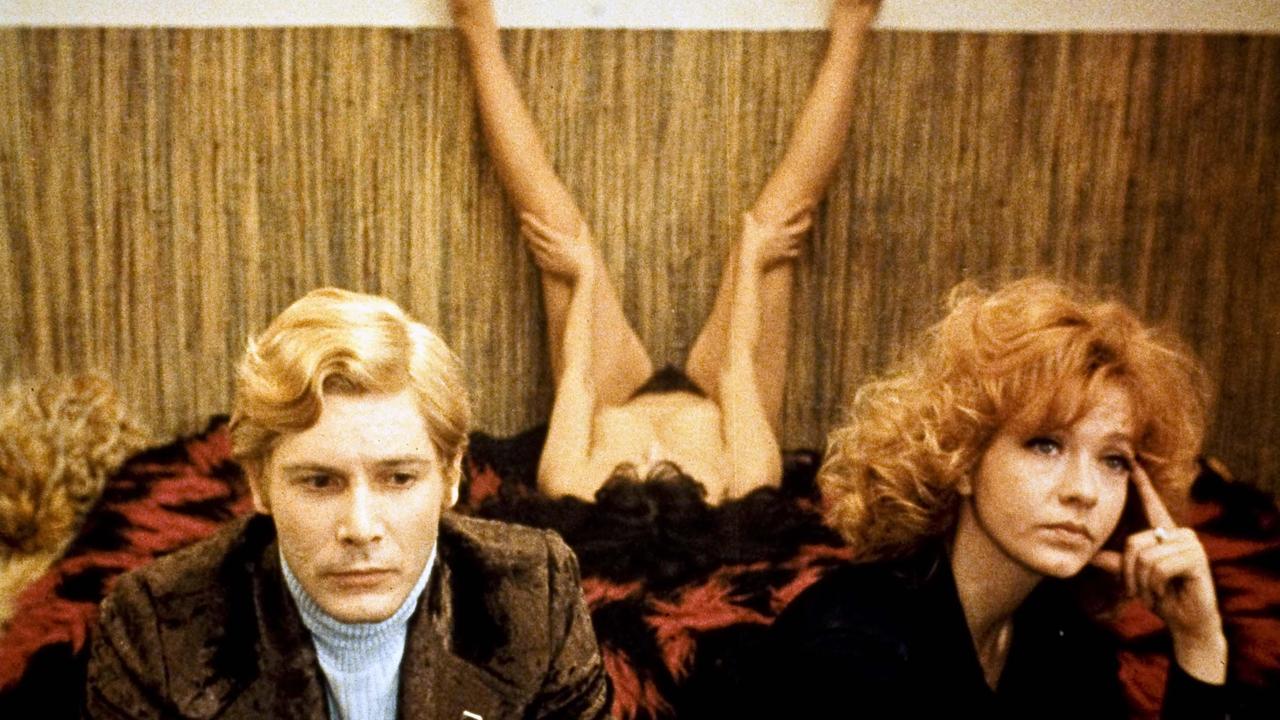
Life Is Beautiful follows a young man trying to fulfill his dreams during a time of economic hardship. With its powerful story and realistic portrayal of social issues, the film leaves a lasting impression.
This humorous film tells the story of a boy whose father plans to flee the country, while the boy devises different ways to keep his family together. Through warmth and humor, the film offers deeper reflections on the era in which it was made. Tito and Me is a true feel-good film you’ll want to watch again and again. It never gets old—you’ll just start knowing some lines by heart and saying them along with the actors in front of the screen.
This film presents an intriguing blend of musical and crime genres. The story follows a musician who becomes entangled in a web of crime. With its strong musical score and unconventional storytelling, Rhythm of a Crime stands out as one of the unforgettable titles of regional cinema.
Set in Zagreb during the 1930s, this comedy follows a newcomer whose singing talent turns him into a local star. The film is celebrated for its humor, colorful characters, and excellent musical score. The character of Fulir has forever marked Croatian cinema, thanks to the unforgettable performance of Relja Bašić.
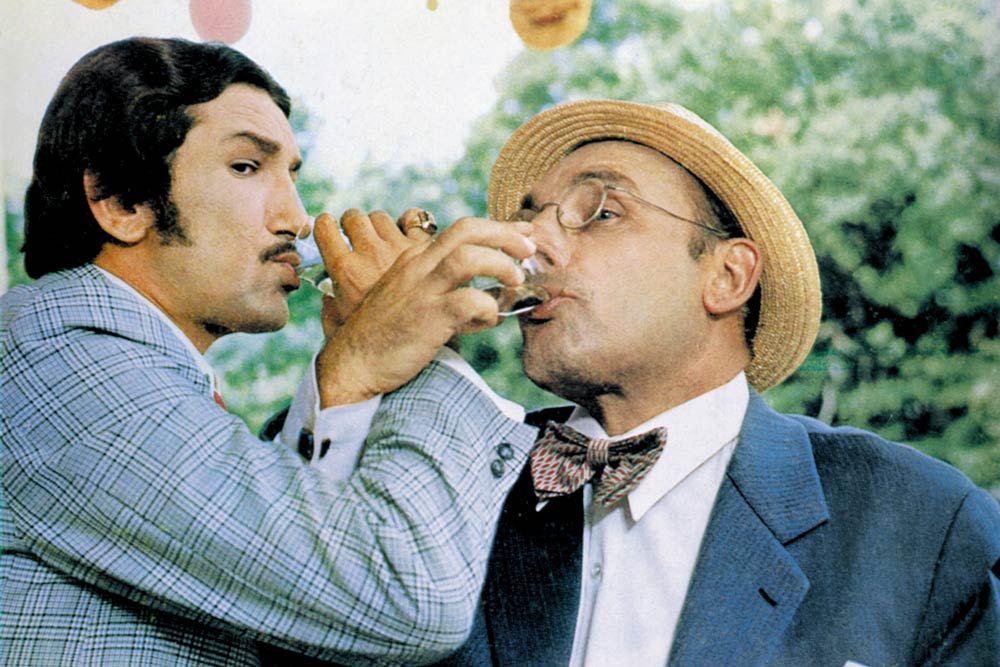
After their divorce, a former couple each builds a new life with different partners. The older son, teenage Zoran, stays with his father and his young, attractive new wife, who has just given birth to a baby girl named Đurica. The younger son, ten-year-old Đuro, lives with his mother, who has remarried a flautist and now has a little boy named Draško. Every Sunday, Zoran visits his mother’s new family for lunch, while Đuro spends the day with his father’s new family. The two households become deeply intertwined, and young Đuro soon realizes that they share more than he ever imagined.
If one youth film from the former Yugoslavia deserves a place among the greats, it would have to be Kekec. This is the first installment in Jože Gale’s film trilogy about the mischievous, kind-hearted mountain boy Kekec (played by Matija Barl), followed by Good Luck, Kekec! (1963) and Kekec’s Tricks (1968). Kekec, together with his friends Mojca (Zdenka Logar) and Rožle (Jože Mlakar), became a beloved childhood figure for generations across Yugoslavia. The film was also the first Slovenian production to win an international award—the Golden Lion for Best Youth Film—at the 16th Venice Film Festival.
Vesna is the first Slovenian romantic comedy, notable for its postwar modern look and Hollywood charm. It turned its leads, Metka Gabrijelčič (as Janja) and Franek Trefalt (as Samo), into true film stars in the modern sense—so much so that police had to intervene during ticket sales due to overwhelming crowds. As the saying went, a Czech director came to teach us how to make good films—and he certainly did. Vesna became a massive hit and remained Slovenia’s most-watched domestic comedy for over two decades. Even today, it is an enjoyable, feel-good film: a lighthearted romantic story set in 1950s Ljubljana, free of political overtones and full of charm and warmth.
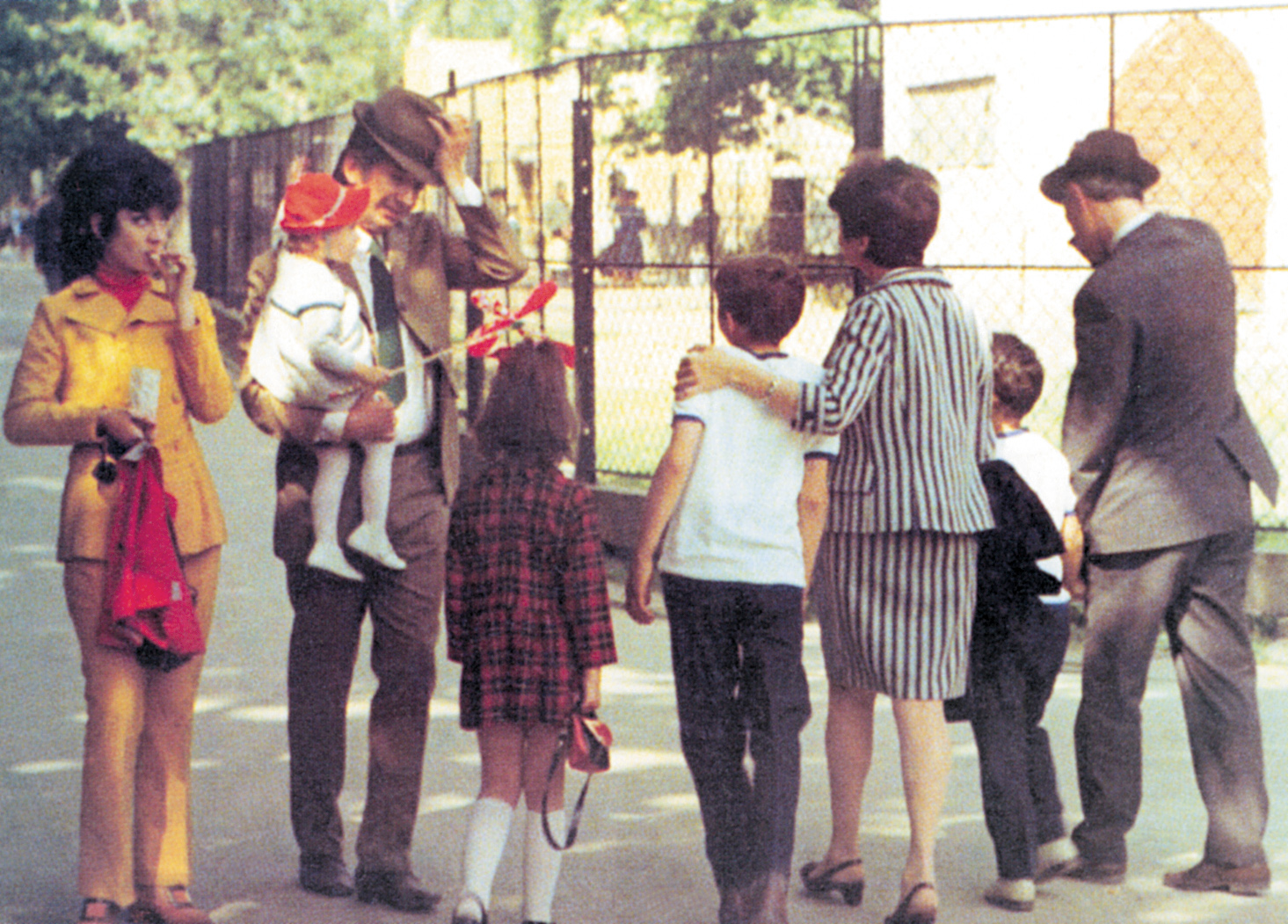
You Understand Me, Man is Croatia’s contribution to the global wave of anarchic films that emerged from the spirit of freedom and youthful rebellion of the 1960s. Loosely structured and free from a rigid narrative, it remains the most acclaimed work by director Vanča Kljaković. The film was based on Zvonimir Majdak’s novel of the same name, a key example of “jeans prose” that captured the everyday lives of young people through the language of the streets. Ivica Vidović, usually known for his introverted intellectual roles, played against type as a local drifter and charmer—a performance that earned him the Silver Arena for Best Actor in a Leading Role at the Pula Film Festival. The film also won the Golden Arena for Best Cinematography.
Vito (played by Špiro Guberina) and Pere (played by Ivica Vidović) are two neighbors constantly dragging each other to court over countless petty disputes. When a young handyman accidentally drills through the wall dividing their bedrooms while installing an electrical outlet, creating a literal hole (buža), a new neighborhood war begins. Based on a story and screenplay by Živko Jeličić, Vanča Kljaković directs this humorous tale with skill and precision.
The Fall of Rock and Roll is an anthology comedy consisting of three segments: From the Source, Two Paths, Love Isn’t Everything (There’s Also Money), and Don’t Send Me Letters. Each was written and directed by a different filmmaker. Deeply rooted in the music of its time, the soundtrack was created by three iconic Yugoslav rock bands—Idoli, Električni Orgazam, and Disciplina Kičme—each composing music for one part of the film. The three stories, told through satire and absurd humor, capture the spirit of Yugoslav youth culture on the brink of the country’s dissolution. The film quickly achieved cult status, which it still holds today.
To conclude this list, we return to H-8, a film widely praised for its originality and bold storytelling. The plot follows emergency responders rushing to the scene of a highway crash. Known for its innovative narrative structure and authentic portrayal of medical workers confronting life-and-death challenges, H-8 stands as a unique blend of drama, thriller, and documentary realism.
Director Nikola Tanhofer’s masterful use of the camera resulted in a cinematic achievement that gained recognition far beyond the region. Even today, H-8 is celebrated for its artistic excellence and lasting impact on the history of cinema.
It’s the perfect time for a little (nostalgic) film viewing. And once you start, you’ll want to make it not just a habit—but a ritual.
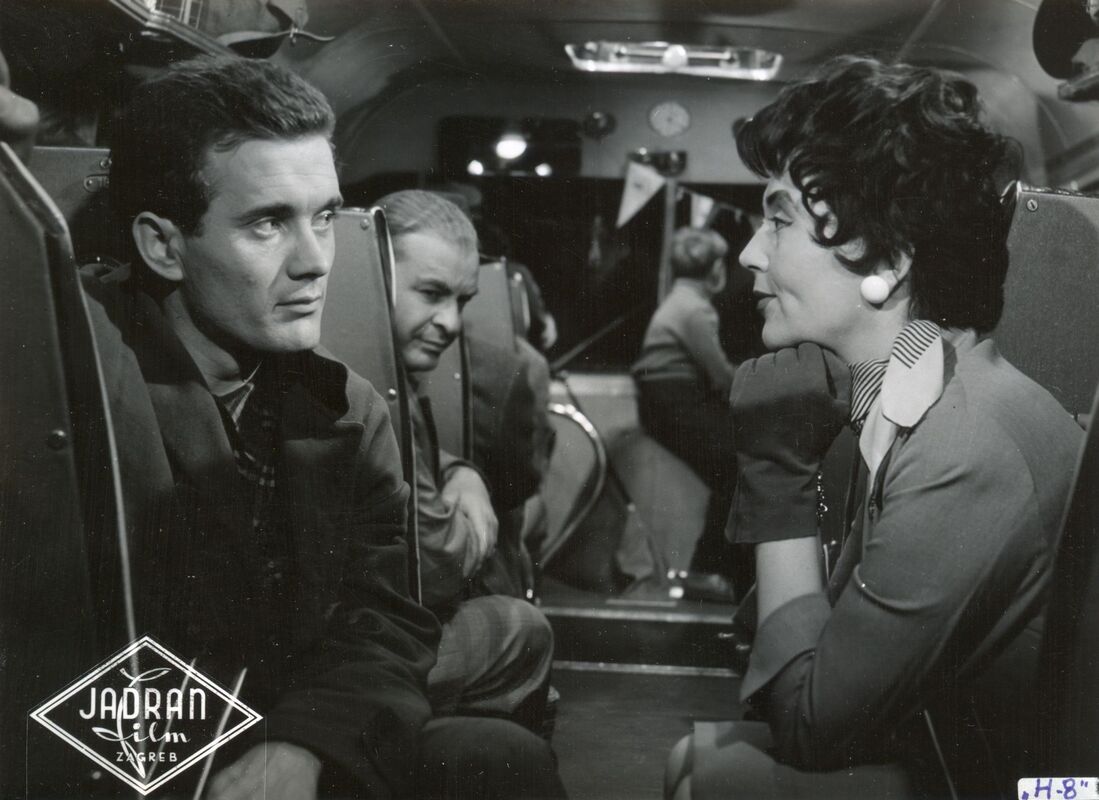
Photos: stills from the films (Centar Film, Croatia Film, Jadran Film, Union Film, Neoplanta Film)